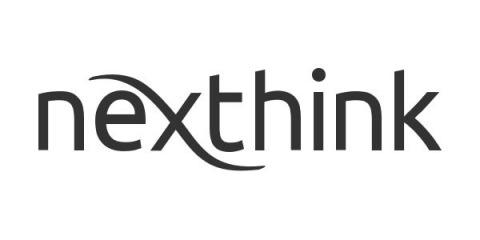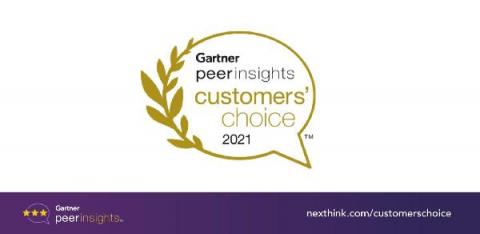Avoid This SLA Fail - Q&A w/ Neil Keating (Chief Experience Officer, Bright Horse)
Recently I got the chance to speak with Neil Keating, Co-Founder and Chief Experience Officer at Bright Horse, a full-service IT experience consulting and training company. Neil’s candor and deep knowledge about IT Operations and digital experience was obvious from the start. Find a brief clip of our conversation here and several helpful nuggets for IT leaders in the text below!




